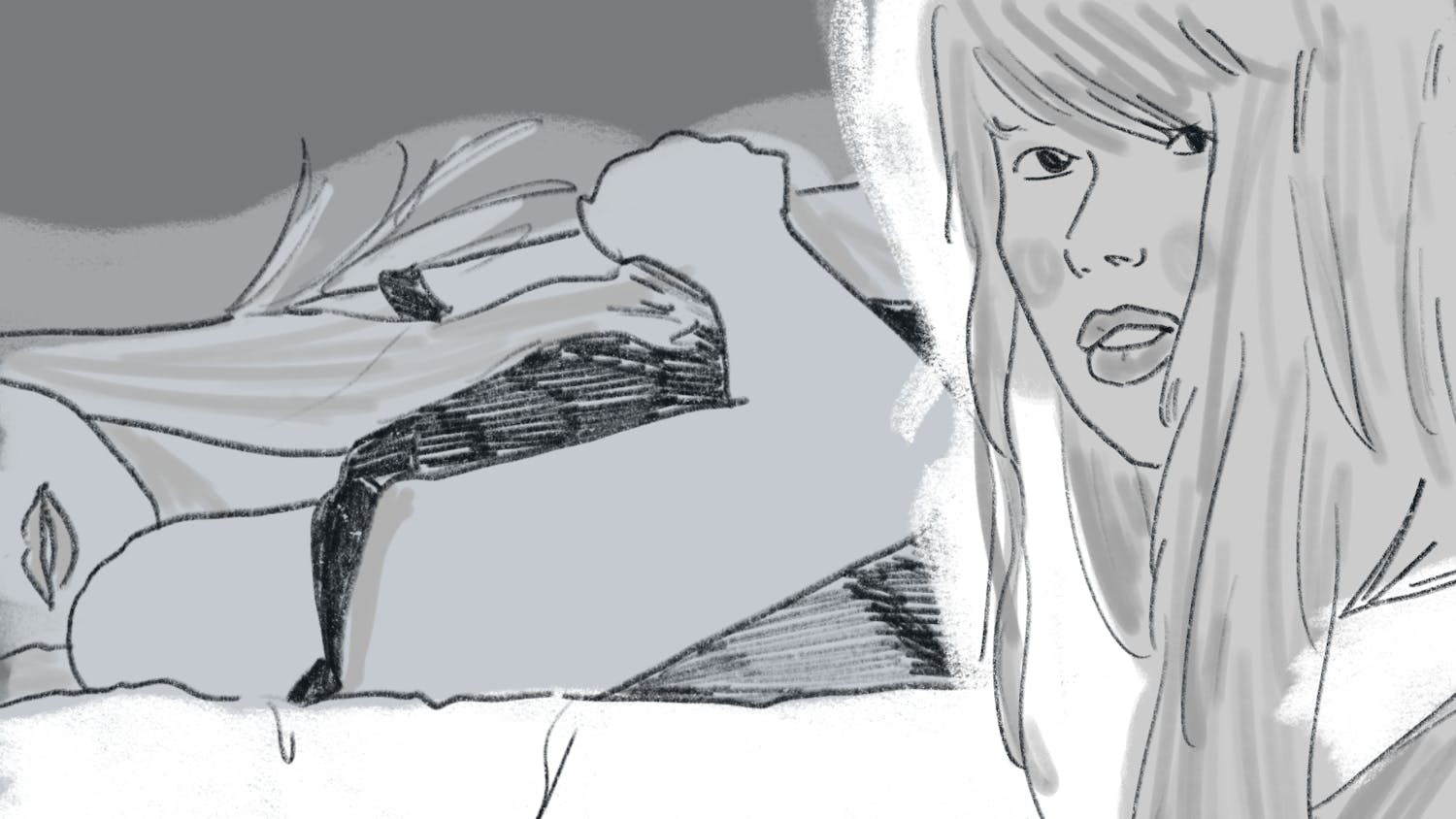On The White Stripes' last album, 2001's "White Blood Cells," Jack White sang a brief ditty called "Little Room." In 50 seconds and 46 words, it managed to capture the band's ethos pretty well: "When you're in your little room/And you're working on something good/But if it's really good/You're gonna need a bigger room/And when you're in the bigger room/You might not know what to do/You might have to think of how you got started, sitting in your little room."
The White Stripes' room is no longer little. "White Blood Cells" catapulted the band from obscure indie status to MTV and the cover of Rolling Stone. They now record for major label-owned V2 Records, but Jack and Meg White, the divorced couple from Detroit who claim they're brother and sister, are still working on something good.
"Elephant" (out April 1), sounds no more polished than its predecessor -- and that's just how they want it. The White Stripes subscribe to a lo-fi ethic that places value on raw, live-sounding recordings. So, for "Elephant" they rented out a London studio where all the equipment dated from the late '60s to record an album that was quick and dirty.
On the surface, that might seem like a pretentious way to make music. But, it somehow works. When a band decides not to spend too long on an album, it shows. This happens too often with live albums, but The White Stripes consistently manage to make studio albums that sound like the best live albums ever made. Jack's vocals are ragged and sometimes even sound improvised, and Meg's drumming is notoriously primitive. But thanks to Jack's scorching guitars and obtusely insightful lyrics, the music is immensely enjoyable.
The Stripes are fond of writing both breakup songs vitriolic enough to rival Dylan's and simple tunes about the innocence of childhood. "There's No Home for You Here" is a great example of the former. "It's hard to look you in the face when we are talking, so it helps to have a mirror in the room," Jack sneers. Guitars squeal wildly, Jack whispers inspired disses, and the song ends with a litany of everyday things that are now "so completely stupid -- just go away."
"I Want to Be That Boy" is the other side of the coin, a tune sung by a small-town guy smitten by an out-of-his-league girl. "I'm inclined to go finish high school/Just to make you notice that I'm around," Jack sings, and his unpolished tenor is suddenly the voice of that dropout from your hometown who's a really nice guy, even if he can't hold down a job at the hardware store.
British folkie Holly Golightly guests on a few of "Elephant's" tracks, and the results are spectacular. She sings on the closer "It's True That We Love One Another," and it's the song most likely to put a smile on your face. Jack, Holly and Meg take turns singing to one another in a childish little exchange. Holly: "Meg, do you think Jack really loves me?" Meg: "I don't care 'cause Jack really bugs me."
Each White Stripes album has a little self-indulgence, and "Elephant" is no exception. At over seven minute, the centerpiece "Ball and Biscuit" is the longest song they've recorded, and it's not the best, either. It's a little monotonous and obtuse, but not unlistenable.
The White Stripes inhabit a strange, unique little world. Their influences are unconventional for a successful rock band, and their music tends to remind you of all the strange people you've met over the years, those outcasts who never really fit in anywhere but lead the most extraordinary lives-- like, for example, Jack and Meg White.



